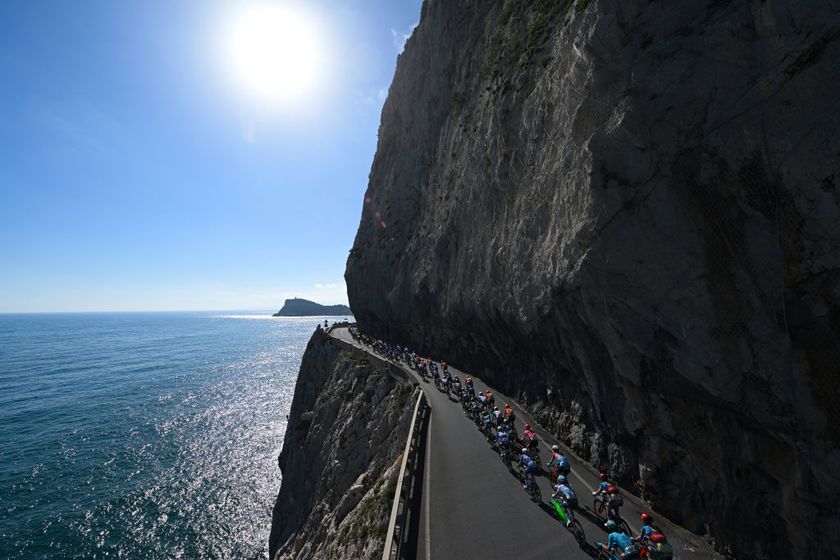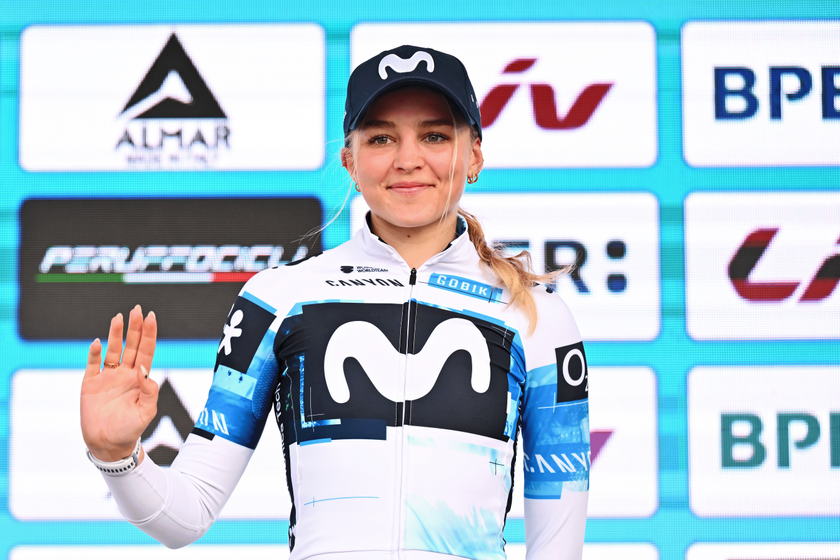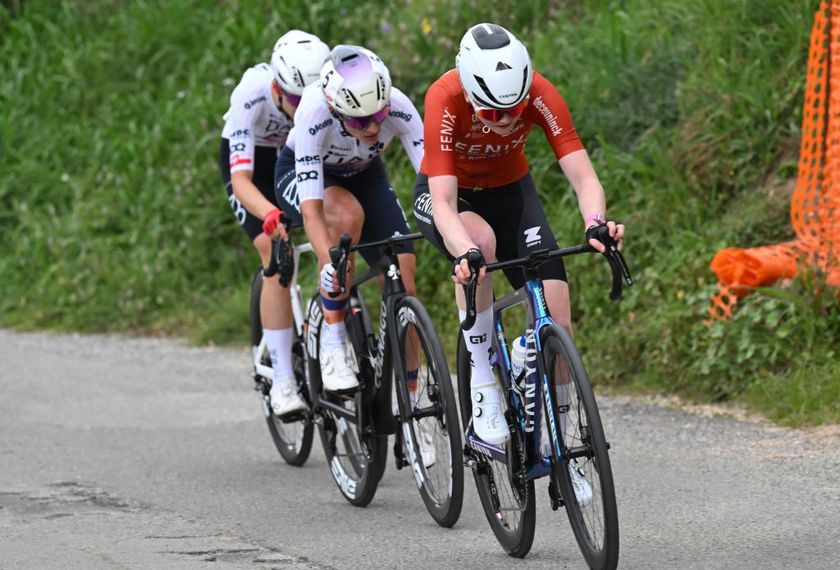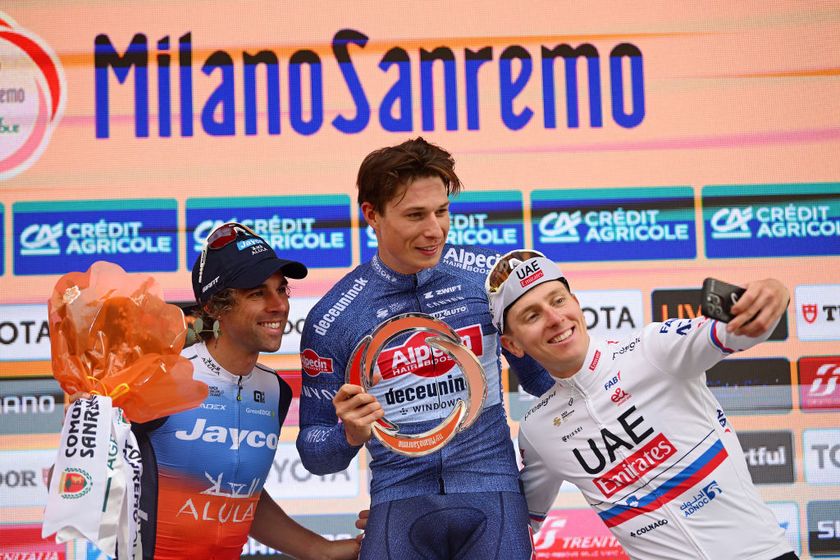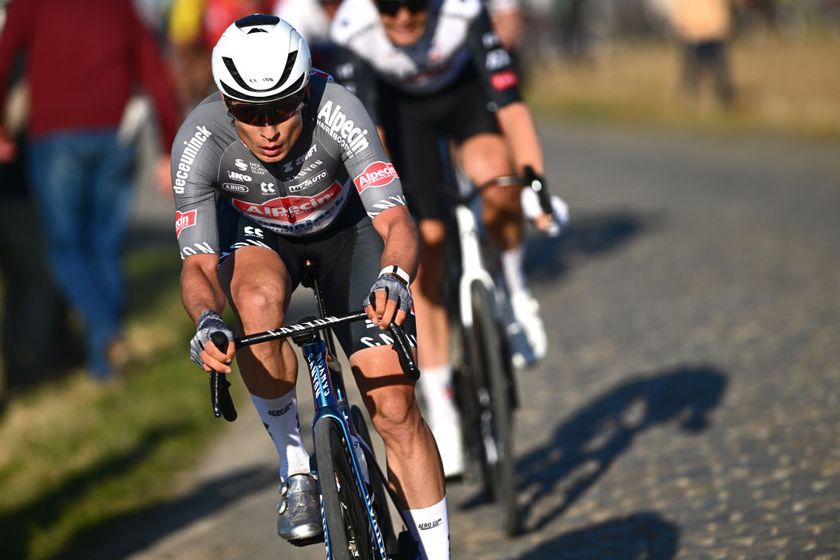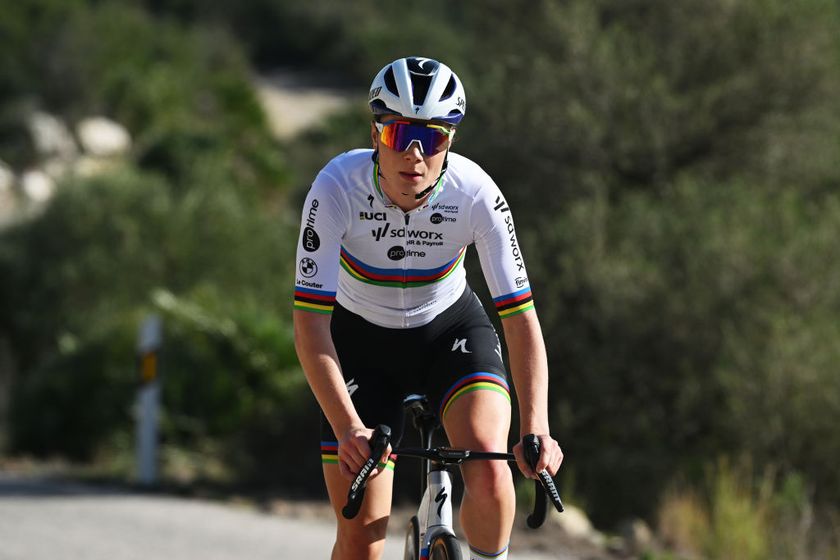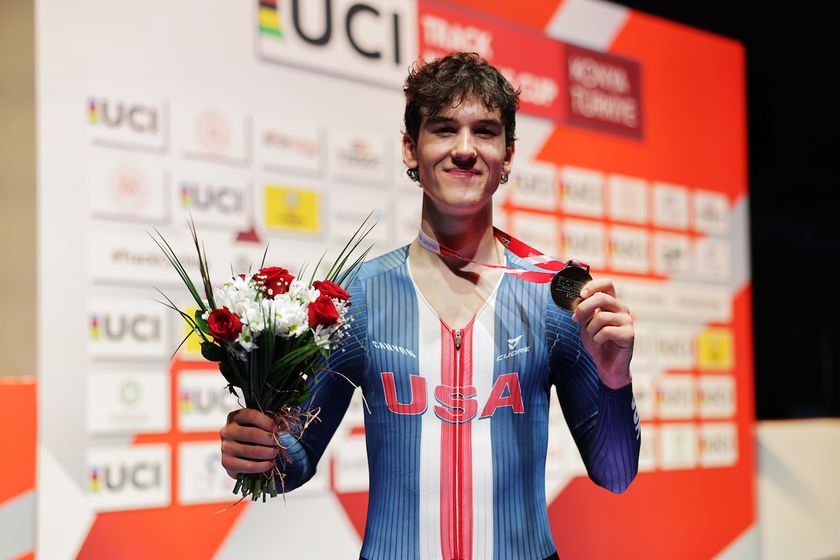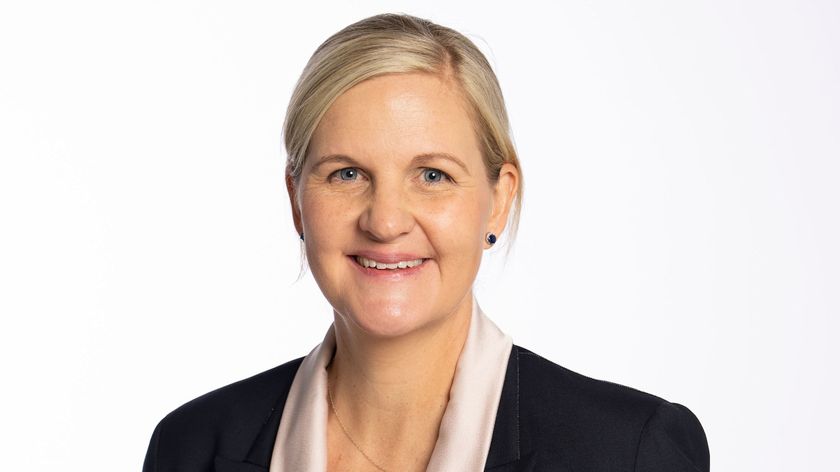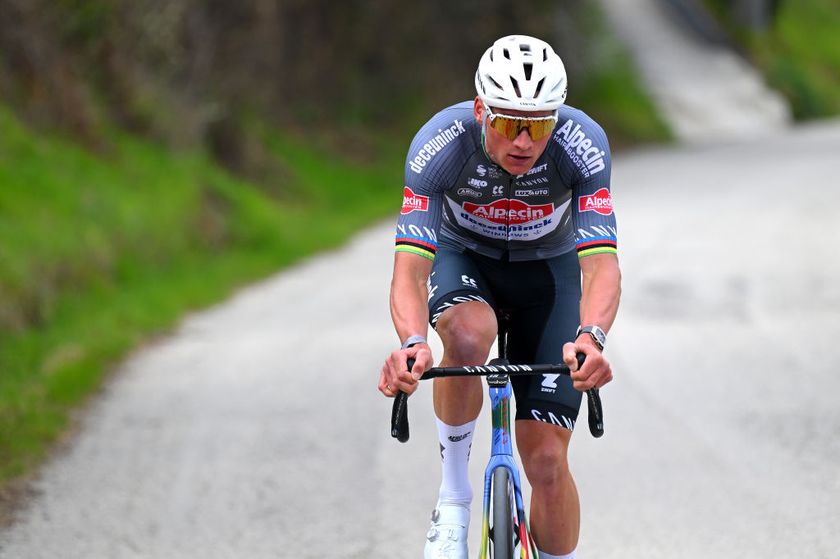Jalabert can’t firmly say he never doped
Testifies in front of French Senate anti-doping commission








After the fall of Lance Armstrong in October last year, Laurent Jalabert attracted a lot of criticism when he stated that the seven-time winner of the Tour de France stripped of his titles was “a great champion.”
In January confession time came for the Texan but the Frenchman who was the world’s number 1 from 1995-1999, including at the time of the infamous Festina affair during the 1998 Tour de France, is still not ready to tell all, as Senators realized during the audition they gave him in Paris.
Jalabert was summoned by the anti-doping commission of the French Senate. He told the parliament members that he always “fully trusted” the staff of the three teams he rode for: Toshiba (1989-1991), ONCE (1992-2000) and CSC-Tiscali (2001-2002). He admitted having received injections of corticoids but insisted that they were justified by TUE (therapeutic use exemption) prescribed by doctors. Once confronted with historical data, the members of parliament might find something strange in this statement, as TUE were introduced in the WADA code in 2005, three years after the end of Jalabert’s career.
“I’ve never looked at meeting doctors in order to increase my performances," the Frenchman explained. “I’ve never spent a franc [the local currency before the euro in 2002] for seeing or buying forbidden substances. I’ve never wished to take part in the arms race.”
Jalabert didn’t deny or hide doping practices. “Doping has always existed in cycling," he said. “People really became aware of it at the time of the Festina affair.”
About his personal experience, he added: “I can’t firmly say that I’ve never taken anything illegal. I’ve effectively used products when it was necessary, in case of lesions or other injuries. At ONCE, in the evening after the stages, the doctor took care of us, for our recovery, but we didn’t really know what it was. A relationship with doctors based on mutual trust was established, so we didn’t ask questions. We were treated, I’ve never said otherwise. Were we doped? I believe we weren’t…”
The former green jersey of the Tour de France (1992 and 1995) turned into a time trial world champion (1997) and the King of the Mountains at the end (2001, 2002) was more equivocal when he mentioned the CSC-Tiscali team run by Bjarne Riis.
Get The Leadout Newsletter
The latest race content, interviews, features, reviews and expert buying guides, direct to your inbox!
“I noted a difference in the last team I’ve ridden for. Doctors were present but some riders had their habits elsewhere. It was a concern for the team manager who submitted the riders to internal testing to make sure of what they were doing.”
Jalabert explained that he has wanted to help his sport evolve in the right direction after the Festina affair. “But others had a different point of view," he said.
He forgot to recall that in 1998, he nicknamed the testers “vampires” and called UCI officials “neo-nazis”.
The year after, he avoided his own country and the anti-doping policy of the French Cycling Federation set to be stronger than the UCI’s, as he opted for Tirreno-Adriatico and the Giro d’Italia rather than Paris-Nice and the Tour de France. He also mysteriously didn’t show up at the start of the 2000 French championship despite confirming his entry the day before.
Nowadays, he believes that he would have won even more races, had he competed in the 2010s than in the 1990s.
“In my mind, the fight against doping in cycling is efficient, even if it’s not the perception of the general public," he analyzed. “When people watch cycling, their first concern is whether the winner was doped or not. I’m convinced that now, it’s possible to ride the Tour de France clean and deliver good results.”
In conclusion, Jalabert pretended that he didn’t intentionally dope when he was world’s number 1 and informed that cycling has become cleaner since. His comments were under oath.
